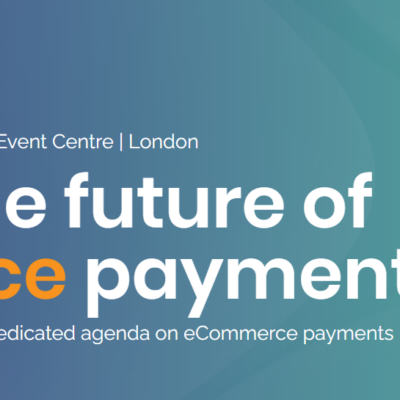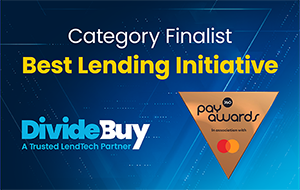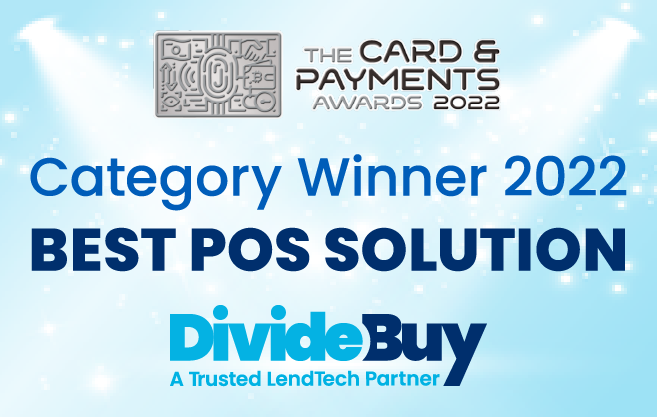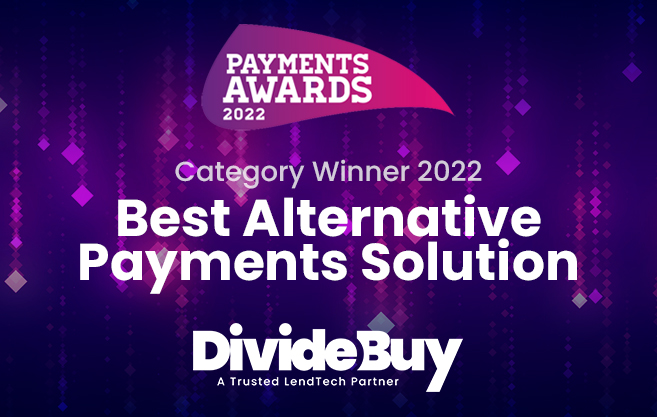Consumer credit is a type of personal finance product you can use to pay for goods and services. It’s offered by banks, retailers and specialist finance companies. With consumer credit, you can split the cost of an item over multiple payments – rather than paying all in one go at the point of purchase.
In this article, we’ll take a closer look at the various types of consumer credit available, as well as which one may be right for your retail business.
What is consumer credit?
There are two main types of consumer credit: revolving credit and instalment credit.
1. Revolving credit
Revolving credit is the most common type of consumer credit. The best-known – and most popular – version of this is credit cards, which can be used to pay for everyday products and services at the point of sale.
There are around 66 million credit cards in use in the UK. Credit cards are defined as ‘revolving credit’ because the amount you borrow and pay back is flexible, provided you stay within your pre-agreed limit and make your minimum monthly repayments on time.
If you pay off your full credit card balance each month, you won’t need to pay any interest on the money borrowed. However, if you fail to pay the full balance each month, the price of consumer credit can quickly start to snowball. This is probably the biggest downside of credit cards: interest rates – especially with average rates of 22.2% as of October 2022.
2. Instalment credit
Instalment credit has boomed in popularity over the past decade, driven largely by the explosion in online shopping.
Instalment credit is used to pay for a specific product and is issued in a defined amount. The price of a product or basket of products is usually split into equal monthly instalments over a pre-defined period – for example: six or 12 months.
Traditionally, it’s been used to pay for more expensive ‘big ticket’ products like furniture, home appliances and cars. However, customers are increasingly turning to instalment credit to pay for lower-value, everyday products and services. For consumers, the key advantage of instalment credit is that – unlike credit cards – it comes with low or no interest over a longer period.
For example, DivideBuy’s interest free credit option lets shoppers benefit from the convenience of splitting the cost of a purchase, without having to pay additional interest charges on top.
In contrast with revolving credit, which is usually offered by big banks and specialist credit card firms, any retailer can provide instalment credit to its customers by partnering with a company like DivideBuy. Instead of looking to profit from the loan, retailers can use instalment credit as an extra incentive to increase sales and basket sizes.
What isn’t consumer credit?
1. Personal Loans.
Although they may be used to pay for high-value products and services, personal loans are not usually thought of as being ‘consumer credit’ because the loan isn’t issued at the point of sale.
2. Mortgages
Similarly, a mortgage wouldn’t be classed as consumer credit because it is commonly a longer-term investment and is usually secured against a property, while consumer credit is generally unsecured.
How can I offer consumer credit to my customers?
With DivideBuy’s agile credit solution, customers can split the cost of a purchase over anything between 2 and 12 months. We’ve got no hidden fees or APR, and offer simple and easy integration with your eCommerce platform. Our expert installation team can have you up and running within days.
More and more customers are using instalment credit to make their purchases. Make sure your business doesn’t get left behind. To find out how DivideBuy can help your online business increase sales and basket values, book a demo today.




 Tweet
Tweet
 Facebook
Facebook


















